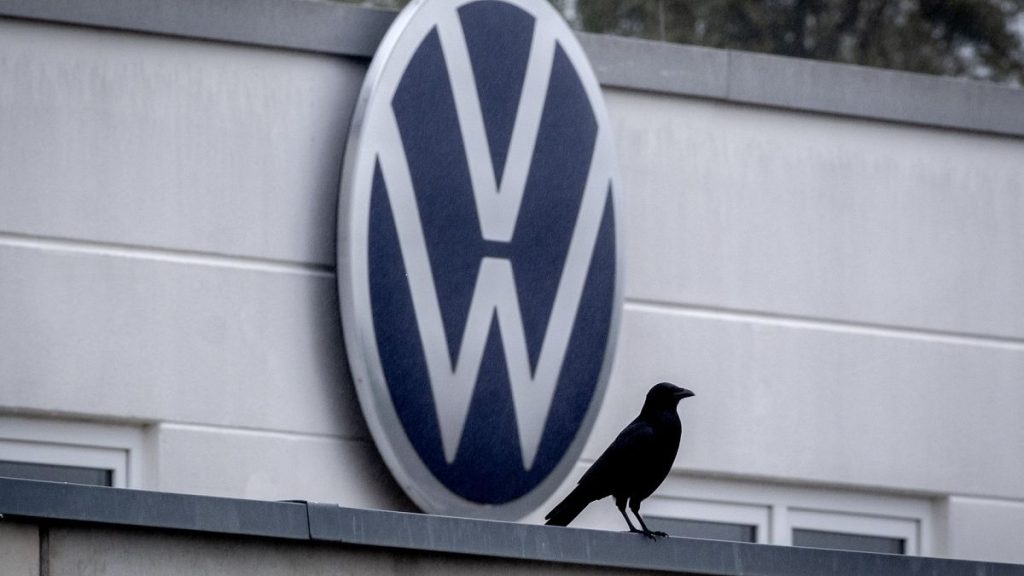A recent study predicts that 186,000 jobs could be lost in the European automotive industry over the next decade, with the looming threat of Donald Trump following through on his promise to impose a 10% tariff on European products, particularly targeting the German automotive industry. The Association of the German Automotive Industry (VDA) is urging for dialogue between the EU and the US to prevent this scenario, emphasizing the importance of cooperation in the face of geopolitical challenges. The automotive industry in Germany is already facing challenges, with Volkswagen recently announcing the closure of three plants as the industry transitions to electric vehicle production.
The steel industry is another sector at risk, as the US and Europe have yet to resolve tariffs imposed by the previous Trump administration, causing a drop in exports. The European Steel Association (EUROFER) warns of further complications ahead, insisting on the need for ongoing negotiations to address trade conflicts and avoid reverting to the 25% tariffs on European steel. Axel Egger, EUROFER’s Director General, highlights the importance of finding a solution that aligns with climate goals, as steel and aluminium manufacturing are major contributors to carbon emissions.
The potential impact of these trade conflicts extends beyond immediate economic consequences to broader environmental concerns. EUROFER emphasizes the significance of persuading the new US president on climate goals, not only as a means of avoiding detrimental tariffs on European steel but also in addressing the carbon emissions associated with steel and aluminium production. Recognizing the interconnectedness of politics and economics, the push for sustainable practices in these industries aligns with global efforts to combat climate change.
The urgency for dialogue and cooperation between the EU and the US is underscored by the broader implications of escalating trade disputes. The potential loss of jobs and economic strain in key industries like automotive and steel underscores the need for diplomatic efforts to prevent further turmoil. The current uncertainties in trade relations present challenges for both regions, requiring a coordinated approach to address trade conflicts and safeguard economic stability.
Looking ahead, the European automotive industry faces a critical juncture as it navigates the shift towards electric vehicles and grapples with the threat of new tariffs. The need for strategic planning and diplomatic engagement to protect jobs and industry growth is paramount in the face of potential disruptions. Collaborative efforts between policymakers, industry leaders, and stakeholders will be essential in mitigating the impact of trade tensions and advancing sustainable practices in key sectors.
In conclusion, the challenges facing the European automotive and steel industries underscore the broader implications of trade conflicts between the EU and the US. The potential loss of jobs and economic upheaval necessitate proactive measures to address trade disputes and safeguard industry sustainability. As both regions navigate evolving economic landscapes and climate imperatives, dialogue and cooperation become imperative in achieving mutually beneficial outcomes and mitigating the risks of further disruptions. By prioritizing sustainable practices and diplomatic engagement, stakeholders can work towards a more resilient and prosperous future for key industries in Europe and beyond.
Keep Reading
Subscribe to Updates
Get the latest creative news from FooBar about art, design and business.
© 2025 Globe Timeline. All Rights Reserved.


